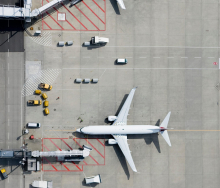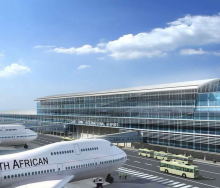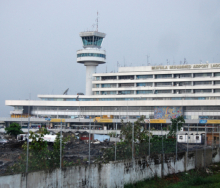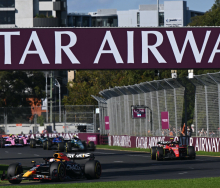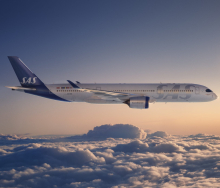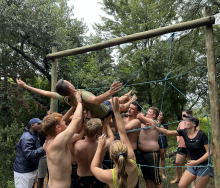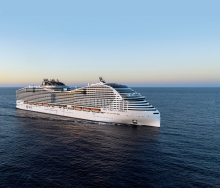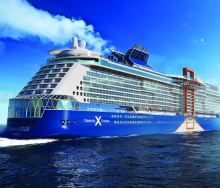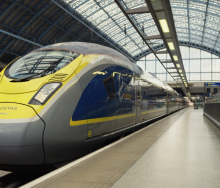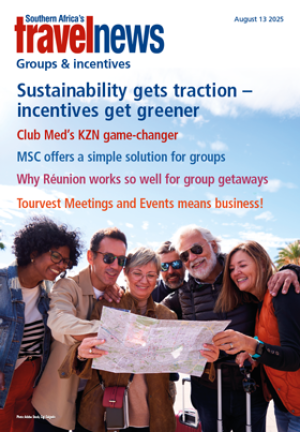THE aviation industry
has probably burned
more equity and
capital than any other
industry and yet people are
still desperate to get into
it, says Comair ceo, Erik
Venter.
Speaking at the Gordon
Institute of Business
Science on February
24, Erik said the trend
continued to amaze him,
especially given South
Africa’s track record when
it came to the launch, and
then failure, of new airlines.
The cost of flying has
dropped by 70% over the
last 60 years, he said.
“Meanwhile, the total cost
of running our Comair
operations has increased
by about 230% since kulula
was introduced in 2001
and the average airfare has
only gone up by 35% over
the same period.”
The challenge for
airlines was to manage
this discrepancy – not
letting the gap widen – by
leveraging institutional
memory and expertise
to remain innovative and
come up with new ways of
keeping costs down while
driving growth, Erik said.
“Comair starts every
year by figuring out how we
are going to cut costs to
keep the business going.
Planning for every year is
critical. You can’t plan five
years in advance because
things will have changed
far too much by then –
and then it’s too late to
recover.”
This was the reason SAA
continued to see major
losses each year, Erik said.
“Nothing has really
changed at SAA since it
received its Boeing 737
fleet in 1999/2000.
So trying to implement
changes now after 15
years of not doing much
to improve efficiencies is a
big ask.”
The aviation industry
is very susceptible to
the influence of external
factors – such as the rise
and fall of oil prices and
competition – and therefore
airlines often have to deal
with unpredictable crises.
“Never waste a good
crisis,” said Erik.
Dealing with crisis
“You have to get staff
to realise that things will
not always go smoothly
and this industry is not
a safe haven. A crisis
should be used to tighten
up operations and prepare
for future difficulties.”
Staff would also be more
receptive to change, he
said.
For example, Comair
experienced a serious
crisis in 2011 when the
oil price rose rapidly. “At
the rate it was increasing,
it took us almost a year
to get the airfares up high
enough to compensate
for that. But it was a
great opportunity to do a
massive IT infrastructure
re-work within the
company.”
Erik said if Comair had
attempted to re-work its IT
infrastructure two or three
years prior to the crisis
– when operations were
still running according to
plan – there would’ve been
resistance from the staff.
“I’m sure people would
have said we don’t need
new systems but when
faced with the choice of
having bonuses cut or
their salaries frozen for a
year, people were happy
to say, ‘yes, let’s do this
because we need to get
back to where we used
to be’.
Remaining relevant in a tough market
09 Mar 2016
Comments | 0
